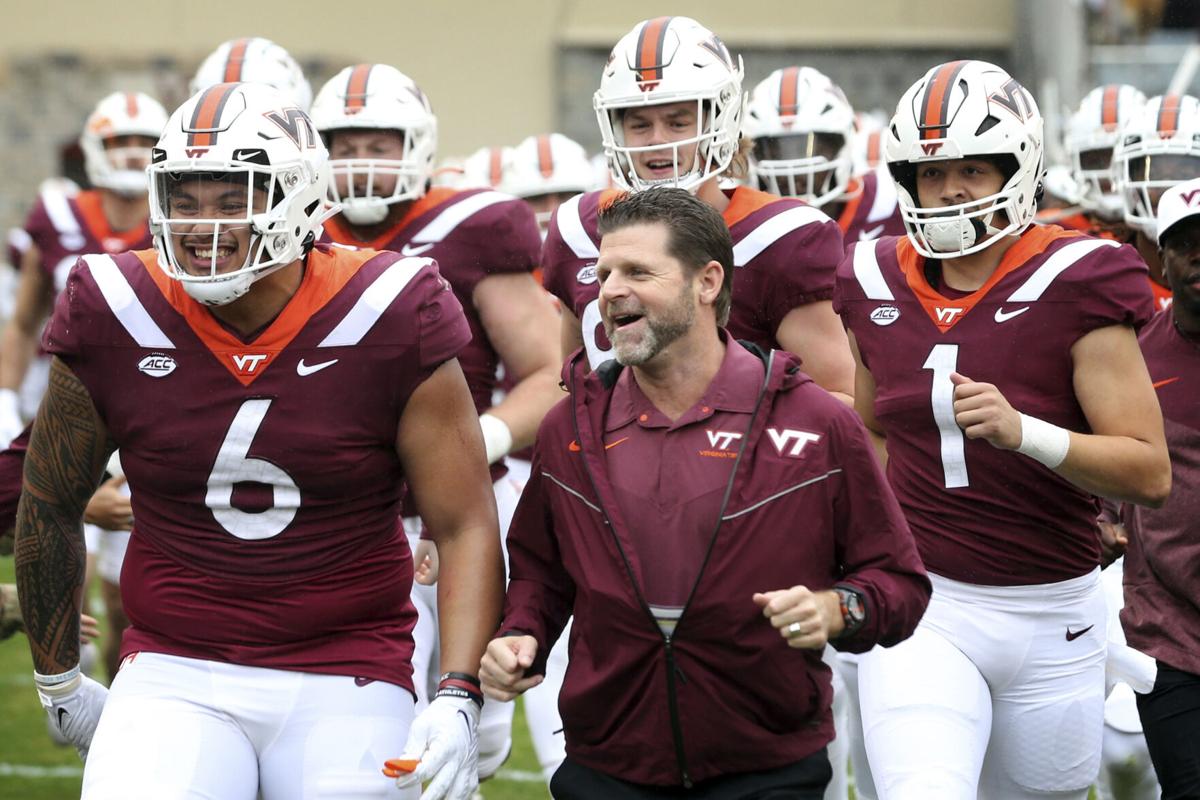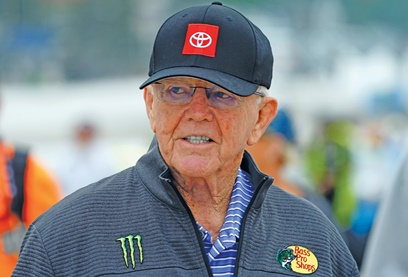
Pit stop: Joe Gibbs Institute team visits Virginia Tech

BLUE SUN — Representatives from the Joe Gibbs Human Performance Institute were interested in Virginia Tech on Monday because it is a regional powerhousStudents and teachers in the biomedical engineering departments spend their days collecting data on every type of impact imaginable or utilizing specialized e for sports research, including studies on gait patterns and helmet technology.
flooring tiles and shoes equipped with sensors to identify leg movements that could result in harm.
The Joe Gibbs Institute, set to be fully operational later this year, will focus on professional testing of biomedical engineering concepts for a variety of sports. A subsidiary of Joe Gibbs Racing, one of the largest stock car racing companies, the institute initially started with research into safety and performance enhancement for NASCAR drivers and pit crews before expanding.
“Previously, we’ve been able to take some of our athletes into a biomechanics lab, to see the ways in which the best performing athletes move,” Melissa Boswell, the director of the Gibbs Institute, said. “Those were still limited to a lab setting, so the institute was built to build a biomechanics facility that is robust enough to actually drive in a NASCAR race car, and actually capture the movement of a pit crew in action.”
The Gibbs officials took the chance to view some of the school labs that carry out comparable work in anticipation of the institute offering internships to some Virginia Tech students majoring in biomechanical engineering.
“We knew we wanted the students,” Boswell said. “But when we learned we had the chance to see some of the facilities here, we were very interested in seeing that as well.”

Biomedical engineering has largely been the purview of academics and academic institutions, according to Barry Miller, one of the directors of the Helmet Lab at Virginia Tech.
“There’s not really a lot of money in doing this kind of research,” Miller said, while demonstrating some of the tests he and his students put helmets through. “We really do this as more of a public service, It’s only been recently that businesses have started to get into this research, starting mostly at hospitals.”
The Gibbs Institute will be one of the first of its kind in the U.S. Located in Huntersville, North Carolina, the institute is expected to provide space and equipment for a wide range of sports-specific research.
“Everything in our space is the same as the stuff people are using at Virginia Tech, but on a much larger scale,” Eddie Mitchell, an institute representative who specializes in using AI to collate data, said.







